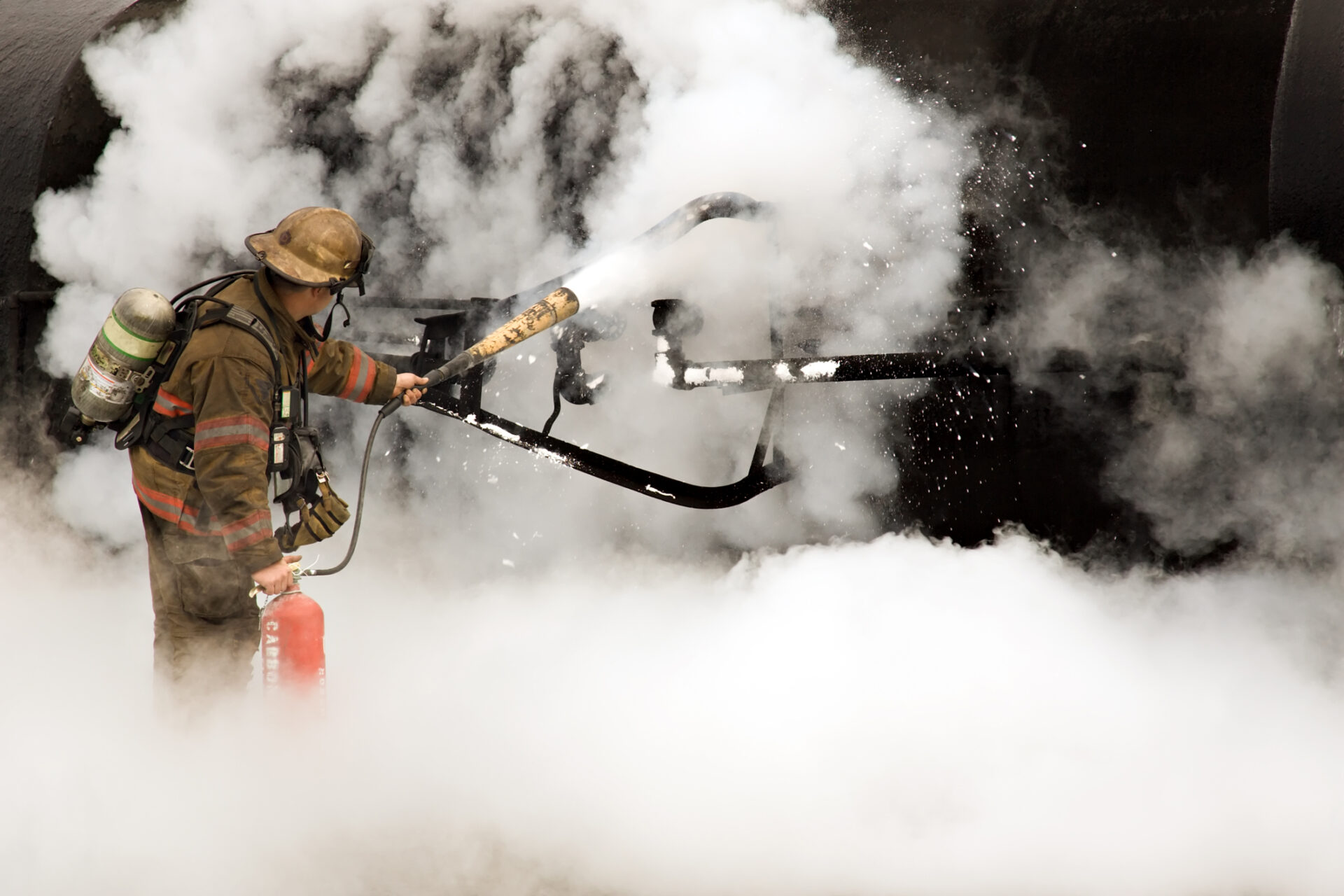Top 5 Long-Term Health Risks of Being a Firefighter
Firefighters are exposed to a number of risks on a daily basis that can have long-term health effects. These risks include:
- Exposure to harmful chemicals, smoke, and heat
- Muscle strains from lifting heavy equipment
- Falls from ladders and roofs
Firefighters are also a higher risk for certain cancers, respiratory diseases, and cardiovascular diseases. These health risks can be exacerbated by poor diet, lack of exercise, and stress.
Here are the top five long-term health risks of being a firefighter:
1. Cancer
Firefighters are exposed to carcinogens on a daily basis, including benzene, asbestos, and diesel exhaust. These carcinogens can enter the body through the skin, lungs, and digestive system. Studies have shown that firefighters have an increased risk of developing certain types of cancer, including mesothelioma, leukemia, and brain cancer.
The risk of cancer is further increased by the fact that firefighters often work long hours and have shift work. This can lead to fatigue and a weakened immune system, making the body more susceptible to cancer-causing agents.
2. Cardiovascular disease
Another risk of being a firefighter is the potential for developing cardiovascular disease. This is due to the physical exertion required to fight fires, as well as the exposure to smoke and chemicals. When the body is exposed to smoke and chemicals, it produces a substance called “free radicals.” These free radicals can damage the cells, leading to inflammation and a decrease in the function of the heart and blood vessels.
And because of the strenuous schedules firefighters often undertake, the long hours and inconsistent sleep schedules can lead to fatigue, stress, and insomnia. All of these factors can contribute to the development of cardiovascular disease.
- Post-traumatic stress disorder (PTSD)
Firefighters are also at a higher risk for post-traumatic stress disorder. This is due to the nature of their job, which often includes exposure to traumatic events. PTSD can develop after a person is exposed to a traumatic event, such as a fire, accident, or natural disaster. Symptoms of PTSD include:
- Flashbacks
- Nightmares
- Anxiety
- Depression
PTSD can have a negative impact on all aspects of a person’s life, including their work, relationships, and mental health.
- Respiratory illnesses
Firefighters are also at a higher risk for respiratory illnesses, such as asthma and chronic obstructive pulmonary disease (COPD). This is due to constant exposure to smoke, chemicals, and particles in the air. When inhaled, these substances can irritate and damage the lungs, leading to inflammation and a decrease in lung function. In addition, firefighters are often required to wear heavy gear that can make it difficult to breathe. This can lead to a condition called occupational asthma.
- Other risks
Firefighters are also at a higher risk for skin diseases, hearing loss, and musculoskeletal injuries. Skin diseases are common due to exposure to smoke and chemicals. Hearing loss can occur due to exposure to loud noise. Musculoskeletal injuries are common due to the physical exertion required to fight fires.
Want to help firefighters and their families in times of need?
The Honor Movement Foundation helps bridge a critical gap for fallen and wounded firefighters and their families in times of crisis. We do this through direct funding, logistical support, and connected partnerships. Find out how you can help.




